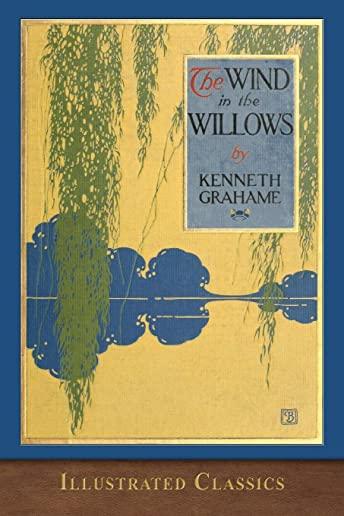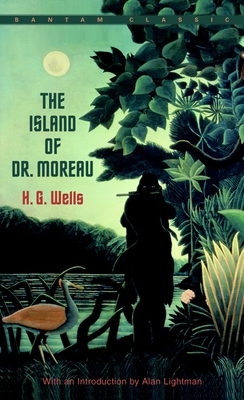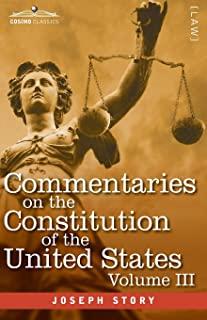
James, Henry
The Aspern Papers is a novella by American writer Henry James, originally published in The Atlantic Monthly in 1888, with its first book publication later in the same year. One of James's best-known and most acclaimed longer tales, The Aspern Papers is based on the letters Percy Bysshe Shelley wrote to Mary Shelley's stepsister, Claire Clairmont, who saved them until she died. Set in Venice, The Aspern Papers demonstrates James's ability to generate suspense while never neglecting the development of his characters.
A nameless narrator goes to Venice to find Juliana Bordereau, an old lover of Jeffrey Aspern, a famous and now dead American poet. The narrator presents himself to the old woman as a prospective lodger and is prepared to court her niece Miss Tita (renamed Miss Tina in later editions), a plain, somewhat naive spinster, in hopes of getting a look at some of Aspern's letters and other papers kept by Juliana. Miss Tita had denied the existence of any such papers in a letter to the narrator and his publishing partner, but he believes she was dissembling on instructions from Juliana. The narrator eventually discloses his intentions to Miss Tita, who promises to help him.
Later, Juliana offers to sell a portrait miniature of Aspern to the narrator for an exorbitant price. She doesn't mention Jeffrey Aspern's name, but the narrator still believes she possesses some of his letters. When the old woman falls ill, the narrator ventures into her room and gets caught by Juliana as he is about to rifle her desk for the letters. Juliana calls the narrator a "publishing scoundrel" and collapses. The narrator flees, and when he returns some days later, he discovers that Juliana has died. Miss Tita hints that he can have the Aspern letters if he marries her.
The Ambassadors is a 1903 novel by Henry James, originally published as a serial in the North American Review (NAR). The novel is a dark comedy which follows the trip of protagonist Lewis Lambert Strether to Europe in pursuit of Chad Newsome, his widowed fianc e's supposedly wayward son; he is to bring the young man back to the family business, but he encounters unexpected complications. The third-person narrative is told exclusively from Strether's point of view.
Lambert Strether, a middle-aged, yet not broadly experienced, man from Woollett, Massachusetts, agrees to assume a mission for his wealthy fianc e: go to Paris and rescue her son, Chad Newsome, from the clutches of a presumably wicked woman. On his journey, Strether stops in England and there meets Maria Gostrey, an American who has lived in Paris for years. Her cynical wit and worldly opinions start to rattle Strether's preconceived view of the situation.
In Paris, Strether meets Chad and is impressed by the much greater sophistication Chad seems to have gained during his years in Europe. Chad takes him to a garden party, where Strether meets Marie de Vionnet, a lovely woman of impeccable manners, separated from her reportedly unpleasant husband, and Jeanne, her exquisite daughter. Strether is confused as to whether Chad is more attracted to the mother or the daughter. At the same time, Strether, himself, feels an overwhelming attraction to Marie de Vionnet, which he suspects she might requite, and so begins questioning his commitment to return to Woollett and marry Chad's mother, despite his admiration for her.
member goods
listens & views

ROMANIAN MUSIC FOR CLARINET & ...
by NEGREA / JACKENDOFF / SANDU-DEDIU
COMPACT DISCout of stock
$14.75






